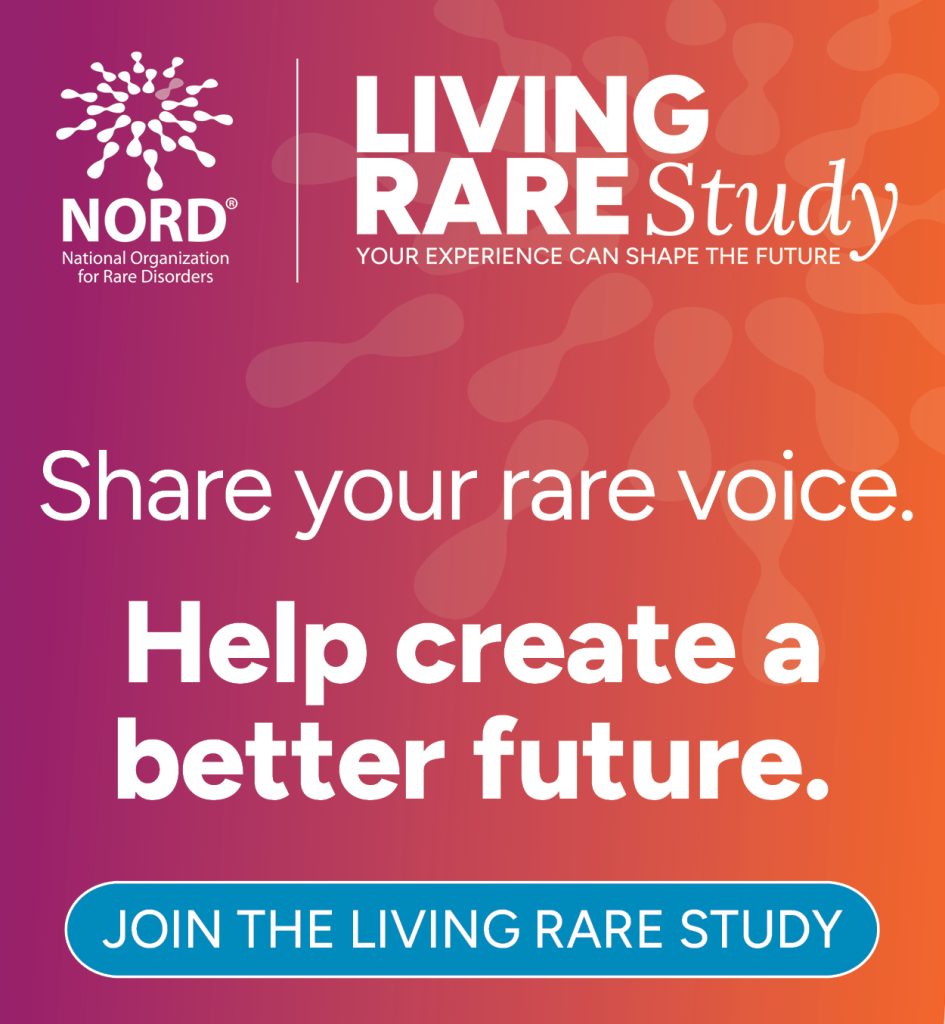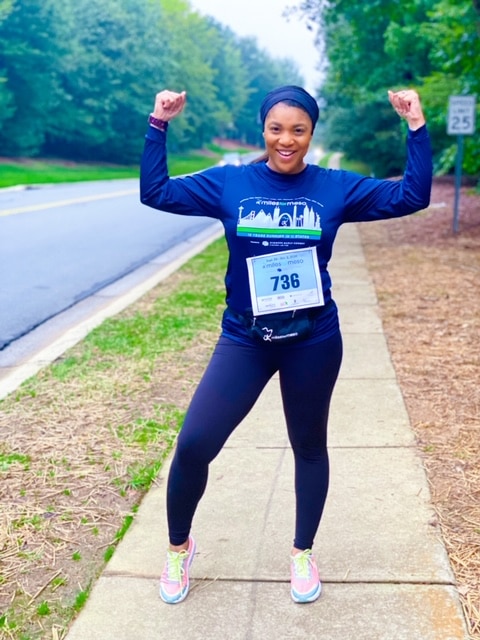I was diagnosed with peritoneal mesothelioma in 2007 as a 21-year-old new mother. When the doctor told me I had peritoneal mesothelioma, I didn’t know what it was. I was overwhelmed with shock and confusion with so many questions about this rare disease and how little information seemed available. Mostly, I felt alone. Feeling alone when faced with a diagnosis of a rare disease is common. That feeling of loneliness actually connects us.
What I learned on my personal journey with a rare disease is there are many of us looking for support and connection. In addition to my own network of support, thanks to family, friends and doctors, I have found meaningful connections in support groups and in sharing my story with others.
Being diagnosed with any serious disease is challenging, but there are specific issues people with rare diseases can face. Some of these include delays in initial diagnosis, lack of knowledge about rare diseases among primary medical teams, difficulty accessing treatment options, financial strain and inequalities in healthcare. I experienced some of these challenges personally. My diagnosis was delayed because when a tumor was found, I was pregnant. It was treated as a fibroid, and I spent my entire pregnancy with peritoneal mesothelioma but without knowing it. It wasn’t until five months after I gave birth that I found out what I really had.
My doctor at the time didn’t know much about my rare disease, which made learning about and accessing treatment more challenging. Fortunately for me, someone from my mom’s job told her about Dr. Edward Levine, a specialist who knew a lot about mesothelioma. I always say that I was in the right place at the right time because the specialist was in my hometown.
As a woman diagnosed with mesothelioma at just 21 years of age, I didn’t fall into any of the usual categories. Mesothelioma is mostly diagnosed in men over the age of 65. Research now shows women make up nearly a fourth of mesothelioma cases, but rarely are those affected as young as me.
Before I was diagnosed with mesothelioma, I had never met anyone who had been diagnosed with it. After all, mesothelioma doesn’t get as much publicity as other cancers such as breast cancer or colon cancer. If a rare disease isn’t publicized enough, how will patients and families know which direction to take?
I believe everyone has a story to tell and sharing it can help us feel less alone. Since connecting with groups like The Mesothelioma Center and sharing my personal story as a survivor, I’ve become an active part of support groups for people living with mesothelioma. I will continue to share my story with others on social media and on Asbestos.com to help raise awareness about this rare cancer. In doing so, I hope that my story helps readers with rare diseases feel less alone and feel empowered to make connections to help them navigate the challenges with support.
The National Organization for Rare Disorders (NORD) is committed to telling the stories of patients and families with rare or undiagnosed diseases and helping them live their best rare lives. If you would like to share your story, contact NORD here.






